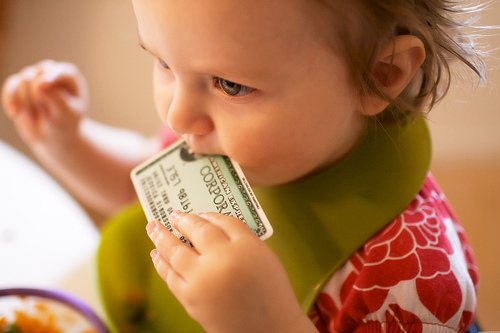How to Improve Your Credit Without Using a Credit Card

Please note that we are not authorised to provide any investment advice. The content on this page is for information purposes only.
Having a good credit score is very important for your financial future, so if you find out that your credit score is poor, it’s time to make some changes. The key to improving credit is to start making sound financial choices, which means that frivolous spending with a credit card needs to stop.
Many advisors will advise that a person with poor credit first pay off their credit card balance, but there are also options for those without a credit card.
Having a good credit score is very important for your financial future, so if you find out that your credit score is poor, it’s time to make some changes. The key to improving credit is to start making sound financial choices, which means that frivolous spending with a credit card needs to stop.
Many advisors will advise that a person with poor credit first pay off their credit card balance, but there are also options for those without a credit card.
Related: Infographic: How To Fix Your Bad Credit Score
Related: Improve Your Credit Score
Table of Contents
Check Your Credit Report
Each year, you are able to see a free copy of your credit report, so take advantage of this opportunity. On this report, you should be able to see exactly why your credit is bad and the items you need to work on. Make sure you get a copy from all three major credit bureaus to make sure you are fully informed.
As you read through your credit report, you should also be checking for errors. There may be a missed payment listed that you actually paid or other false items that should be disputed. You have the right to have these types of errors removed, so write to the credit bureau or creditor who reported the false item. These types of errors harm credit more often than you may think, so read thoroughly. There may also be outdated information listed, so make sure that you report this information to the credit bureaus as well. (Most information on your credit report will stay there for seven years, but it may be longer. Do your research before filing a dispute.)
Related: Credit Report
Sign Up for Automatic Payments or Reminders
Making your payments on time is a huge factor in your credit report. An automatic payment will take money directly from your bank account to pay for a credit card or loan payment, but this will only make the minimum payment. If you want to improve your credit quickly, paying more than the minimum each month will definitely help. Automatic payments are a great way to avoid making late payments, but if you aren’t sure how much money you will have when the payment is due, it may be best for you to set up a payment reminder. Some banks will send you emails or even text messages to remind you of your payment.
Reduce Your Debt
The best way to prove you are financially responsible and improve your credit report is to make timely payments. Use your credit report to note all of your accounts, and go online to check your statements and find out how much you owe and your interest rates for each account. From there, you can figure out how much of your budget you can afford to put toward payments. You may have to cut out unnecessary spending for a while, but your credit is definitely worth it. Try your best to make more than the minimum payment so your debt is reduced faster. If at all possible, make payments twice a month or every time you get a paycheck. Start paying off the accounts with the highest interest rates first and then continue to make payments until you are debt free.
Contact Your Creditors
If you are having trouble making payments, it may be time to ask for help. Contact your creditors and ask to negotiate your payment schedule. It may take longer to pay off your debt, but it will help your credit score if you are actually able to make all of your payments on time.
DON’T Use Your Credit Cards
This may be an article about improving your credit without credit cards, but if you already have them, you need to pay them off as soon as possible. Don’t use them again until you know you can pay off the balance in full, and make sure you don’t let your debt pile up again.
Related: The World’s Worst Credit Cards
Related: How is a Credit Score Determined?
Just because you have paid off a credit card balance doesn’t mean it is a good idea to close the account. In most cases, closing a credit account won’t help your credit score, so you might as well set the card aside and keep the account open to help you build good credit in the future when you have your spending under control.
[quote]Also, if you are thinking about opening a new credit card account because you don’t have one yet or you would like a new one, don’t do it. Credit card inquiries can actually harm your credit score.[/quote]By Amy Griffin
Amy Griffin is a guest post author who enjoys writing about social media, other marketing strategies, and getting an education. She is also the creator of a website about getting a master’s degree in business, and she hopes to help her readers find the best school for them.




